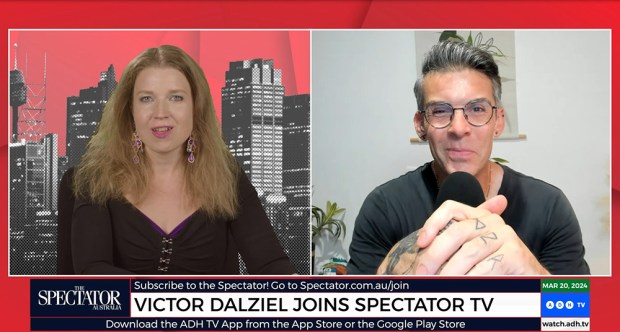The American revolutionaries claimed that “taxation without representation is tyranny”. In other words, taxing people, while denying them the vote, is undemocratic. What about the opposite situation, though, where people who don’t pay tax have a say in how much tax is paid and how the money is spent? This is the public sector.
It is undemocratic to link the right to vote to paying tax, the poor also have rights, but paying no tax while having an outsized influence on taxation policy is undemocratic. In Australia, 20.4 per cent of the workforce is employed in the public sector. This is an influential voting bloc, which, through its numbers alone, has the power to change the government of Australia. This is influence that the average voter does not have.
A conflict of interest is built into the public service because the livelihood of public sector workers depends on the government. Turkeys don’t vote for Christmas and public sector workers don’t vote to reduce government expenditure. Government power depends on taxation. Taxation policy thus goes to the heart of democracy.
The public sector is a class with a vested interest in enlarging the state – the bigger the state, the more secure are public sector jobs and entitlements. Public sector workers exist in an echo chamber that stresses the virtues of big government, which affects their opinion on everything from asylum seekers to welfare policy. In this environment, groupthink becomes the norm. In Marxist terms, the ideals of the public sector – how it thinks about issues as a class – is underpinned by its material interests. The ABC is a perfect example of this tendency. On every issue, its editorial stance corresponds to a larger, more intrusive government, which needs higher taxes to fund its policies.
The problem also exists on a personal level. If a public sector worker is offered an increase in wages or entitlements, which is to her benefit, but not to the benefit of the public, then she is unlikely, all things being equal, to reject the offer. Self-interest is the surest guide to understanding human motivation. The woman could pay for her child’s school uniform, or a week’s holiday in Bali, or increase her mortgage repayments with the extra money. Ben Chifley said that the most sensitive part of a voter’s anatomy was the hip pocket. No-one, in their right mind, votes against their own wellbeing. Following the culture of the tribe is another motivation. Conformity is easier than principle.
But, the argument goes, “I work in the public sector and tax is deducted from my wages. And every year I apply to the Australian Taxation Office for a tax rebate. How do I not pay tax?” The government pretends to tax public sector workers to ensure social peace. Public sector workers believe that they are being taxed. The money, though, is just moved from one government department to another. If the government paid public sector workers their net wage, without any pretence that they are taxed, there would be no difference to the worker’s take-home pay or to the size of the government’s coffers. Everything would stay the same, except that the government would be smaller, and less staff would be needed to process the pretend taxation.
To put this in perspective, if you’ve spent your life working in the public sector, you have not contributed one cent towards the welfare of society. Not a metre of asphalt on a road, not an aspirin in a hospital, not a book in a library, not a blanket in a homeless shelter, not a litre of milk for a poor family — is paid by anyone who works for the government. Every cent is paid by private sector workers.
How, then, does society maintain its democratic institutions and defend them against an institutionalised class which, being rational, always votes to further its material interests? The answer is simple and controversial — we deny public sector workers the vote. The conflict of interest is too big an issue to ignore. If a worker accepts employment in the public sector, she loses the right to vote. As soon as she stops working in the public sector, her right to vote is reinstated.
This would have a number of positive effects. The government would not be held captive to a section of the community whose interests lie in expanding the scope of the state. Serious reform of the public finances could take place that would benefit the community as a whole. The money freed from the reach of an intrusive, over-taxing government would contribute to economic growth, which would improve the living standards of all Australians.
Denying government workers the vote would also have the effect of raising the prestige of the public sector. Public sector workers would finally have a reputation that corresponds to their image of themselves. They would be viewed as genuine public servants, whose motivation is guided by altruistic concerns for people’s welfare, rather than as a class who protect their own interest first and the public’s interest second.
None of this will happen, though, until the public understands some simple economic ideas. It is imperative that children understand something of economics by the end of their primary education. High taxes and overly generous entitlements have destroyed economies and democracies in the past. The terrible destruction of the economy by a left-wing government in Venezuela is not unique to that country. It can happen in Australia. Redistributing wealth is easy; creating wealth requires creativity and hard work.
Got something to add? Join the discussion and comment below.
Got something to add? Join the discussion and comment below.
Get 10 issues for just $10
Subscribe to The Spectator Australia today for the next 10 magazine issues, plus full online access, for just $10.


























Comments
Don't miss out
Join the conversation with other Spectator Australia readers. Subscribe to leave a comment.
SUBSCRIBEAlready a subscriber? Log in